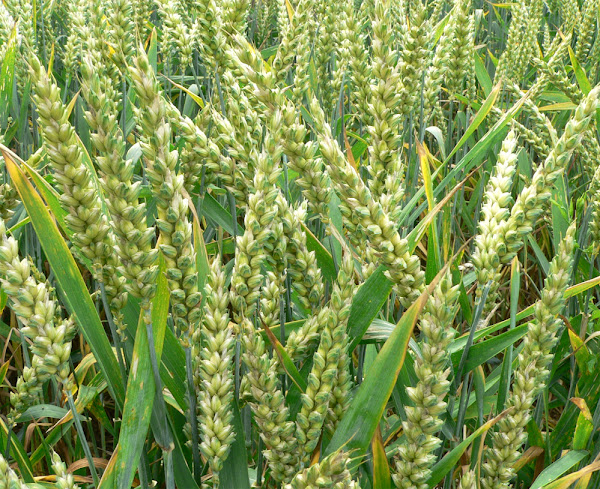The Bill & Melinda Gates Foundation (BMGF) has highlighted Nigeria’s potential to significantly increase its agricultural output, which the foundation described as a transformative opportunity for the country.
The Philanthropist and co-chair of, the Foundation, Mr Bill Gates, said this on Tuesday in Abuja, at the 2024 NutriVision, a Pan-African dialogue to discuss innovative solutions to combating malnutrition in Africa.
Gates said that with the right investments in agricultural productivity and healthcare, Nigeria could achieve food security and also become a net food exporter, contributing to economic growth and improved public health.
He pointed out the immense potential for Nigeria to more than double its food output, which would be a game-changer for the nation.
He noted that such a shift would alleviate the need to use scarce foreign currency reserves to import food, particularly given the current exchange rate challenges.
“There is the opportunity for Nigeria to more than double its food output, which would be pretty transformative because it would mean that you would be a net food exporter.
“Nigeria could bring in revenue by exporting food, boosting the economy and improving the livelihoods of those in rural and Northern areas,” he said.
The philanthropist emphasised the importance of embracing a digital approach and utilising better seeds to spark what he termed “agricultural miracles.”
He explained that improving agricultural productivity was crucial for addressing equity, empowering women, and tackling nutrition issues in Nigeria.
He called for a concerted effort to implement these solutions, which would not only enhance food security but also contribute to broader social and economic development.
Gates also discussed the crucial role of healthcare in Nigeria’s development, noting that the government must prioritise health as part of its broader strategy.
He highlighted the need for Nigeria to increase government funding for health and education, supported by improved tax collection.
“The actual tax collection in Nigeria is pretty low. As citizens develop confidence in well-run programmes, they will support increased funding for essential services,” he said.
He underscored the importance of efficient primary healthcare systems, where resources are allocated wisely, and services are delivered effectively.
“Our foundation’s involved with a lot of the exemplars that are showing the way in terms of making sure the money is spent well.
“We are running a very efficient primary health care system where the employees are doing great work, the centres are where they should be, you do not have underloaded centres or overloaded centres,” he said.
He expressed optimism that these efforts would enhance the credibility of health programmes, encouraging citizens to prioritise and advocate for better funding of primary healthcare.
He stressed the potential for Nigeria to learn from best practices around the world and adapt them to local contexts, thereby driving progress in both agriculture and healthcare.
He painted a hopeful picture of a future where Nigeria could feed itself and also nourish the world by making the right choices and placing people at the centre of these efforts.
The BMGF advocates that solutions to Africa’s greatest challenges can come from within Africa.
The foundation, thus, supports African partners whose bold ideas and creative approaches have the potential to save lives, improve health and help families across the continent.
Since the foundation’s inception in 2000, it has supported partnerships with African regional institutions, national governments, and local communities in 49 countries.
It contributes funding and scientific expertise in support of their agenda for change.
These partnerships have driven the success of numerous health, agriculture, equality, and anti-poverty initiatives.
The foundation has committed more than seven billion dollars through 2026, to support African countries and institutions working to develop and implement innovative approaches to confront hunger, disease, gender inequality, and poverty.
It works with African governments, the private sector, non-profit organisations and civil society.
The efforts are geared towards improving health outcomes, boosting agricultural productivity, expanding access to digital financial services, and empowering women and other marginalised populations with greater economic opportunities.
NAN



